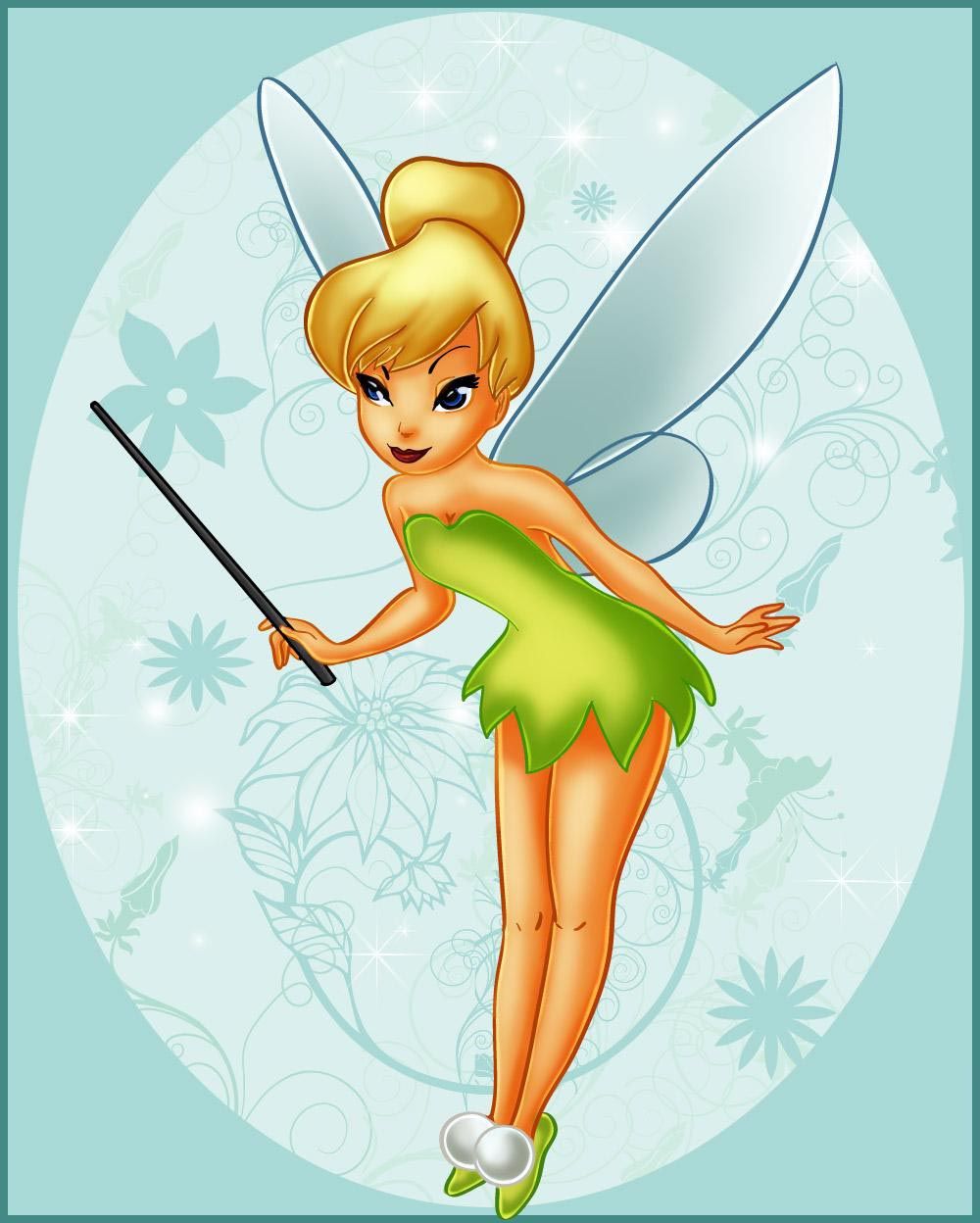That classic line, "Fee fi fo fum," has a way of grabbing our attention, doesn't it? It sounds like something big is coming, perhaps something that asks for a price. We often hear it in stories, a signal that a powerful presence is near, and with such a presence, you might wonder about the costs involved, or what exactly might be expected. It's a phrase that brings up ideas of a reckoning, a moment where something might be owed.
When you think about it, the idea of something being owed, or a price needing to be paid, shows up in many parts of our everyday lives. It is, for example, a common thing to come across charges for help from someone with special skills. This whole idea of a "fee" is something we encounter all the time, even if we don't always stop to think about its deeper meanings. So, what exactly does this word "fee" mean, and how might its different forms relate to that famous, rumbling declaration?
We are going to look at what a "fee" truly is, breaking down its various senses, from simple payments to older ideas of land holdings. We'll explore how these definitions, in a way, connect to the feeling you get from "fee fi fo fum." It's a way to see how the idea of a payment or a charge runs through both our practical lives and even, perhaps, the world of myth and story. You know, it's actually quite interesting to consider.
- Momentous Supplements
- Mayhem Album Cover
- Daughters Of India
- Omni Atlanta Hotel At Centennial Park
- Marcus Valley Grand Cinema
Table of Contents
- What is the "Fee" in Fee Fi Fo Fum?
- When Does a "Fee" Become a Giant's Due?
- Are All "Fees" Just Money Paid?
- How Do We Spot a "Fee" in the Wild?
What is the "Fee" in Fee Fi Fo Fum?
When we hear "fee fi fo fum," the first word, "fee," might make us think of a cost or a payment. That is, actually, one of the most common ways we use the word today. It often means a sum of money asked for help from someone with specialized skills. Think about getting advice from an expert or having a specific job done for you. That expense, that amount requested for their time and knowledge, is often called a "fee." It is, in a way, a recognition of the value of their specific work. We pay for the benefit of their abilities. It's like, you know, when a doctor helps you feel better, there's a certain amount they ask for their care. Or when a legal advisor gives you counsel, there is a sum for their guidance. These are all examples of a charge for professional services, a very real part of our daily financial interactions.
The Cost of Giant Encounters - a Fee Fi Fo Fum Perspective
Now, let's think about how this idea of a charge for specialized work might connect with the rumbling sound of "fee fi fo fum." Imagine, for a moment, a giant in a story. If such a creature were to offer a particular kind of "service," like perhaps ensuring safe passage through its territory, what would be the cost? It might not be money, but it would certainly be a form of payment or a required action. The giant's presence itself could imply a kind of charge for simply existing in its space. This kind of "fee" would be an amount or a condition for a specific act or for a particular right. So, too, it's almost as if the very air vibrates with the expectation of some kind of settlement when that phrase is uttered. The idea of a payment for a privilege, or for permission to do something, resonates with the feeling of that famous line. It's a way of saying, "There's a price here, for whatever you're doing."
When Does a "Fee" Become a Giant's Due?
The word "fee" holds more than just the idea of a simple cash payment. Historically, it also described a kind of land ownership. In very old times, under a system of ancient property rules, a "fee" could mean a piece of ground held from a powerful landholder. This holding came with certain conditions. The person who held the land would need to show loyalty and perform specific duties for the landholder. This means that the "fee" wasn't just about money changing hands; it was about a relationship, a bond, and a series of responsibilities. It was a way of structuring society, with the landholder providing protection or permission to use the ground, and the land user providing service or respect in return. So, you know, it was a very different kind of arrangement compared to what we think of as a "fee" today.
- Fogo De Chao Houston
- Citizenm New York Times Square Hotel New York Ny
- Mike Wazowski
- Little Beast
- Jacked Up Fitness
Professional Services and the Fee Fi Fo Fum Echo
This older sense of "fee" brings a different shade to our thoughts on "fee fi fo fum." If the giant in the story represents a powerful landholder, then perhaps the "fee" it seeks is not a monetary one, but a recognition of its authority, or a specific act of service. It might be a demand for respect, or for a particular duty to be carried out. The phrase could be a declaration of a territorial claim, a way of saying, "You are on my ground, and there is a cost for that." That cost might be a show of loyalty, or some form of tribute. It is, basically, the idea of a fixed price asked for a specific service, or in this case, perhaps, for the privilege of being alive within the giant's view. It's an interesting way to think about how power structures, even in stories, involve a give and take, a kind of exchange.
Are All "Fees" Just Money Paid?
No, not all "fees" are just about money. While we often connect the word with financial transactions, the definitions show us a broader picture. A "fee" can simply be an amount of money that must be settled for a particular piece of work, or for a certain entitlement or help. This means it can show up in many forms. It might appear as a simple cost for something, or a charge for using a facility. It could be a percentage earned by someone for making a sale, which we call a commission. Or, it might even be a penalty, an amount asked for breaking a rule. These are all ways that a "fee" makes itself known in our world, not always as a direct price for a service, but as various types of financial obligations. So, really, the word covers a lot of ground in terms of what we might owe or pay.
Old World Holdings and the Fee Fi Fo Fum Idea
Considering these different forms of "fees" makes the "fee fi fo fum" sound even more layered. If the giant is announcing its presence, it could be implying any of these types of costs. Perhaps it's a penalty for an intrusion, or a commission for passing through its domain. It could be a simple cost for existing in its space. The phrase might be the giant's way of saying, "There are expenses here, and they come in many forms." It is, in some respects, a statement about the varied ways that costs, charges, or even forfeits can be put into effect. The idea of a fixed sum charged for a privilege, or a sum allowed by law for a service, seems to echo in the very sound of the phrase. It suggests that something is due, and that due might take a form beyond just gold coins.
How Do We Spot a "Fee" in the Wild?
Spotting a "fee" in everyday life is pretty straightforward once you know what to look for. It's often a set amount asked for a distinct help. Think about the amount you pay to attend a class, or the yearly sum for a club membership. These are all examples of a fixed sum asked, perhaps by an organization or by what the rules allow, for a certain entitlement. It's a clear, definite amount that you are expected to give in exchange for something specific. This could be for using a facility, for receiving specialized advice, or for gaining access to something. The concept is that there is a transparent, pre-determined cost associated with a particular item or action. You know, it's actually quite common once you start paying attention to it.
Fixed Payments and the Fee Fi Fo Fum Rhythm
When we hear the rhythmic declaration of "fee fi fo fum," it carries a sense of something inevitable, something set. This aligns rather well with the idea of a fixed sum. The giant's words might not be a question, but a statement of an unchanging demand. It is, perhaps, the declaration of a set price that must be met, a non-negotiable condition for whatever comes next. This could be a charge allowed by the giant's own "law" for its "service" of being present, or a sum for the "privilege" of an encounter. It's a way of saying, "This is what is owed, and it is a definite amount." The phrase, in this sense, becomes a kind of universal bill, a clear statement of a fixed obligation that resonates with the very idea of a fee.
Related Resources:



Detail Author:
- Name : Alexander Bayer
- Username : wilfredo84
- Email : jayson36@yahoo.com
- Birthdate : 1985-05-26
- Address : 1506 Joyce Mountains Suite 832 Abshirestad, ID 27723-9507
- Phone : +1 (272) 506-5901
- Company : Pollich Inc
- Job : Athletic Trainer
- Bio : Ratione et velit quo minus. Velit asperiores eaque laudantium at dolore consequuntur est consequatur. Possimus est eveniet nulla et nemo corporis in.
Socials
linkedin:
- url : https://linkedin.com/in/lucy_xx
- username : lucy_xx
- bio : Ut eligendi in minus placeat.
- followers : 4989
- following : 2920
twitter:
- url : https://twitter.com/lucy99
- username : lucy99
- bio : Porro deserunt non vero. Velit occaecati beatae autem ducimus. Facere vel in quas. Consequuntur numquam autem magni aut.
- followers : 5296
- following : 885
tiktok:
- url : https://tiktok.com/@lucymedhurst
- username : lucymedhurst
- bio : Eos porro voluptates voluptatibus. Alias qui perspiciatis dolores sed.
- followers : 148
- following : 1867
facebook:
- url : https://facebook.com/lucymedhurst
- username : lucymedhurst
- bio : Est aut commodi corporis ea fugiat eos. Quis laborum ipsam incidunt corrupti.
- followers : 2306
- following : 970
instagram:
- url : https://instagram.com/lucy_official
- username : lucy_official
- bio : Atque neque et quia. Eaque qui velit autem qui repellendus adipisci.
- followers : 3635
- following : 2349